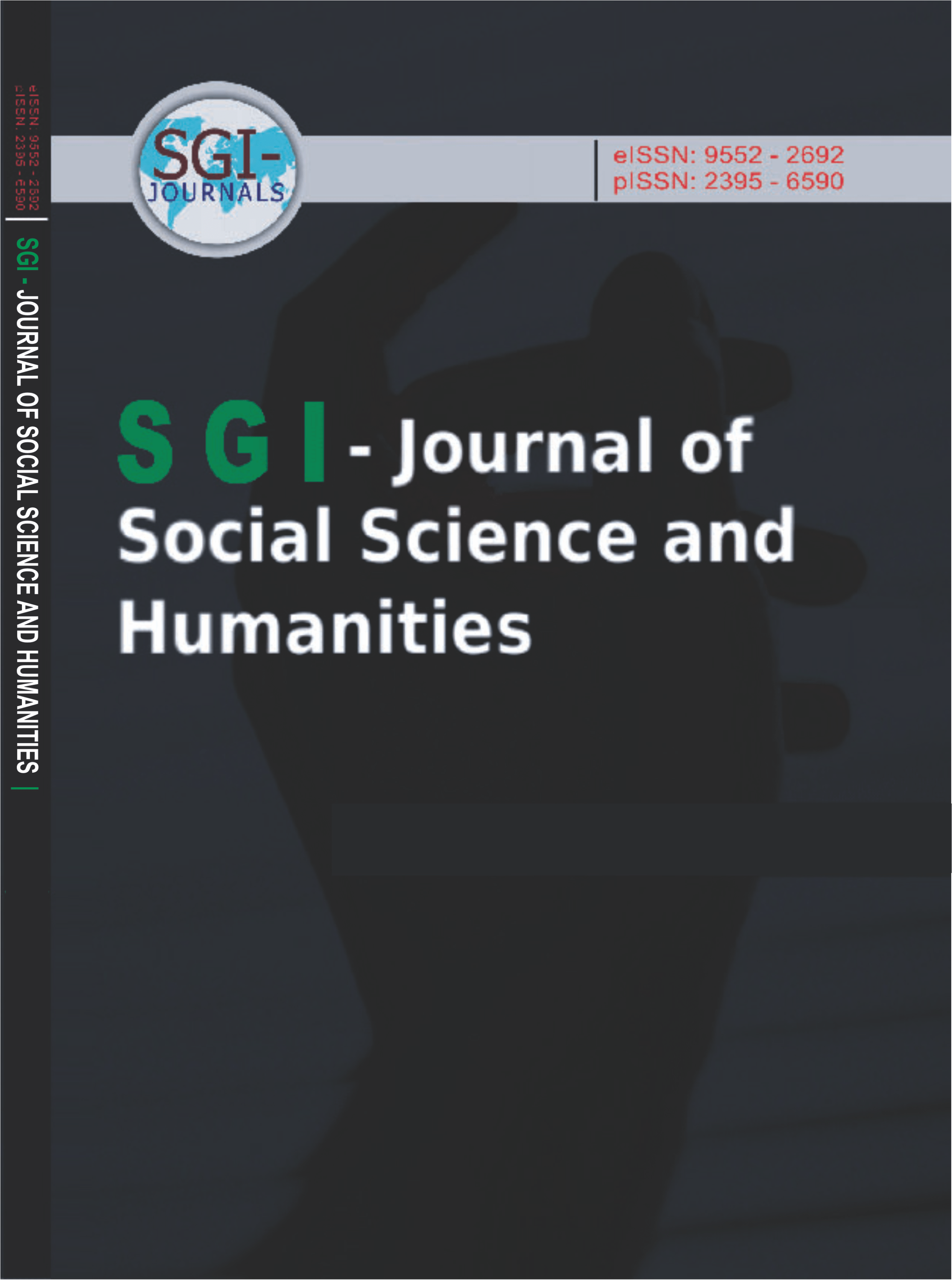SGI-JOURNAL OF SOCIAL SCIENCE AND HUMANITIES (SGI-JSSH)
RESONATING IDEOLOGIES: THE ROLE OF MUSICAL REALITY TV IN CONTEMPORARY CHINA
E-ISSN: 9552-2692
P-ISSN: 2395-6590
DOI: https://iigdpublishers.com/article/533
In contemporary China, reality television shows have emerged as significant cultural products that reflect and shape societal values and beliefs. This essay explores how popular culture serves as a potent medium for the dissemination and contestation of ideologies, focusing specifically on the Chinese musical reality shows “Singer 2024” and “Infinity and Beyond”. Utilizing Althusser’s concept of ideology and Stuart Hall’s encoding/decoding model, the research investigates how these two shows function as ideological apparatuses that both reinforce dominant cultural and political ideologies and evoke emotional resonance among viewers, elucidating the intricate interplay between media, ideology, and society.
Kadi Luo
Althusser, Louis. (2002).“Ideology and Ideological State Apparayuses”. Selective Readings in 20th Century Western Critical Theory, edited by Zhang Zhongzai, Wang Fengzhen, Zhao Guoxin, Foreign Language Teaching and Research Press, pp. 372-393.
Hall, Stuart. (1980). “Encoding/decoding”. Culture, Media, Language, edited by Dorothy Hobson, Andrew Love, and Paul Willis, Hutchinson, pp. 164-173.
Huang, Guangshun. (2009). “Mass Media and Ideology”. Journal of Qiqihar University, vol 6, pp. 21-23.
[黄广顺. “大众传媒与意识形态”. (2009). Journal of Qiqihar University, vol 6, pp. 21-23.]
Li, Hang. “„Singer 2024‟ show a wakeup call for Chinese music industry”. Global Times, 12 May 2024. https://www.globaltimes.cn/page/202405/1312101.shtml. Accessed 2 July 2024.
